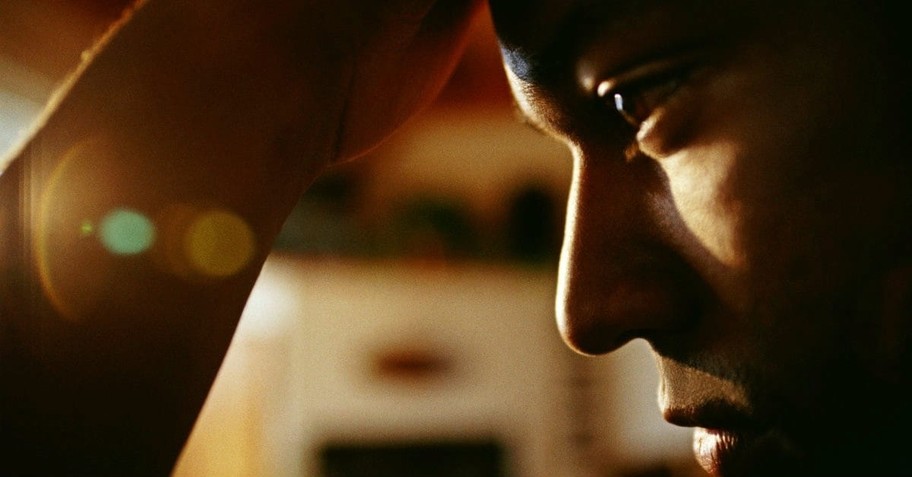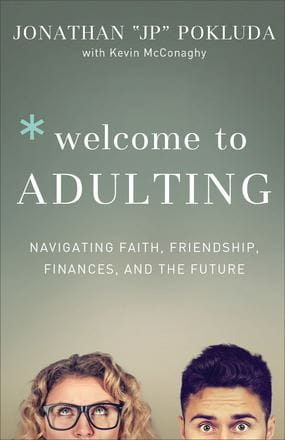Is Your Anxiety Problem Actually a Problem with Control?

I once spent a full week writing an email.
It wasn’t a super long email; it’s not like it took seven days to type it all out. I had it written on day one. But I didn’t send it that day. Instead, I read it myself, over and over, looking for ways I could improve it and debating whether I should send it at all.
Having revised it umpteen times and worn myself out worrying about it, I finally sent the email—but not to the people I was writing it for. No, I sent it to some close friends and asked them to read over it and look for any ways to improve it. I wanted reassurance that it was OK to send, that it got my message across in an understandable way, and that I wasn’t missing any embarrassing typos.
After a week’s worth of edits and revisions, I finally sent the email, for real this time. And after sending it, did I breathe a sigh of relief that it was done? No. I went into my “sent” email folder and reread it again, looking for any problems I might have somehow missed, even though at that point it would be impossible to change them. I worried about what kind of response I might get, and then I worried about what I would do if I didn’t get any response, and what it might mean if I didn’t get a reply.
Photo Credit: Unsplash/Brooke Cagle

"I was worried but had very little reason to be."
Why was I so worried about this email? That’s the thing: it wasn’t anything life-changing. I was sending it to a group of four men who served as my bosses, but it wasn’t like they were going to fire me or promote me as a result of that email. It was just an email. But I cared about what these people thought about me. I wanted them to think well of me and wanted to portray myself in a good light through how I wrote that email. I wasted a whole lot of time and caused myself a lot of stress just because I wanted these guys to like me and I thought this email could play a tiny role in that. I was worried but had very little reason to be.
Photo Credit: Unsplash

"America is the most anxious country in the world."
“Worried for no reason” could be my generation’s motto. Statistically, we’re a worrisome bunch. According to the World Health Organization, America is the most anxious country in the world (or at least ranked number one among the countries they looked at), with one-third of us suffering from an anxiety disorder at some point in our lives. Within this anxious country, young adults are the most anxious of all; more than half of Millennials report that they’ve lost sleep and lain awake at night in the past month due to stress.
Photo Credit: Unsplash/Cristian Lozan

"Worry—or anxiety or stress or whatever you want to call it—is a big deal."
Should we be worried about being worried? It might not seem like a serious problem, but worry—or anxiety or stress or whatever you want to call it—is a big deal. Big enough that we spend a couple billion dollars a year on medications to try to manage it. A large British study of over sixty-eight thousand people found that even low levels of worry could literally kill you. That’s right: people with mild symptoms of anxiety, such as sometimes lying awake at night worrying, were 20 percent more likely to die within the ten-year period covered by the study. Remember, loss of sleep is a symptom cited by more than half of all young adults, and that level of anxiety has been shown to kill people.
Photo Credit: Thinkstock

"Avoiding worry is more than just a good idea."
For believers, avoiding worry is more than just a good idea. It’s the law. God commands us not to worry. In the Sermon on the Mount, Jesus tells us, “do not worry about your life, what you will eat or drink; or about your body, what you will wear” (Matt. 6:25). To drive home the point, he says the same thing—“do not worry”—three times in that one passage. Similar wording is used in Philippians 4:6: “do not be anxious about anything.” This isn’t advice; it’s a command. The God who tells us not to murder and not to commit adultery also tells us not to be anxious. Worrying, in other words, is a sin. Don’t let that label cause further guilt to your anxious mind; read on.
Photo Credit: Unsplash/John Mark Smith

"You can choose not to worry and choose to trust God instead."
You might think, But I can’t help it. Murder is an act of will; my worrying is not. That can’t be true, though. God would not make it where you have to sin, and we’ve already established that worrying is sin. You can choose not to worry and choose to trust God instead. Why would God care whether we worry or not? Remember, God has your best interests in mind. He’s not trying to spoil your fun; if something is a sin, it’s because that thing is not good for you in the long run. Worrying is both not fun and not good for you. Worrying is not just a cause of problems; it’s a symptom of a deeper problem.
Photo Credit: Unsplash

Who’s in Control?
We only worry about things out of our control or about things we don’t feel confident we can control correctly. Worry is always directly related to control, because if we fully trust whoever has control over our situation, we would have no reason to worry about what will happen. The problem comes when we either don’t know who is in control or don’t trust the one who is driving.
Photo Credit: Unsplash/Jaclyn Moy

Think about it:
- If you believe you are driving and are the one in control of your situation, then you will worry if you do not fully trust in your ability to produce the outcome you want. You might not make that sale or might screw up that date with “the one.”
- If you believe that no one is driving, and life is all random chance, then you probably should be worried, because anything could happen at any time for no reason at all. You have no control, and neither does anyone else.
- If you believe that God is driving, and you still find yourself worrying, then you are not trusting that his plan is actually in your best interests.
Photo Credit: Unsplash/Shalom Mwenesi

"God sees everything, from the beginning to the end."
Since he is completely in control and completely loves us, we can trust him in unemployment, late projects, breakups, singleness, sickness, and even death. “In all things God works for the good of those who love him” (Rom. 8:28). It might not appear that way in the short term, and our nearsightedness might make it seem like a certain situation could never end up resulting in anything good, but we can only see the here and now. God sees everything, from the beginning to the end, and he already knows what the end result is going to be. History is full of redemption stories that must at one point have seemed impossible to the people living through them, but which God ultimately used for good.
Photo Credit: Unsplash/Eduardo Dutra

Reflection
- What are you most worried about today?
- How does your lack of control correlate to the things that cause you anxiety?
- How are you doing at the practice of taking your thoughts captive?
- How can you grow in your ability to trust that God is in control?

Jonathan "JP" Pokluda is teaching pastor at Watermark Community Church and leader of The Porch, an influential gathering of thousands of young adults who come to hear the gospel and get equipped for kingdom purposes.
Kevin McConaghy works as a copywriter for a marketing agency in Dallas, Texas. As an editor and contributor to The Porch blog, he's collaborated with JP on writing projects for a number of years.
Photo Credit: Pexels
Originally published September 27, 2018.





